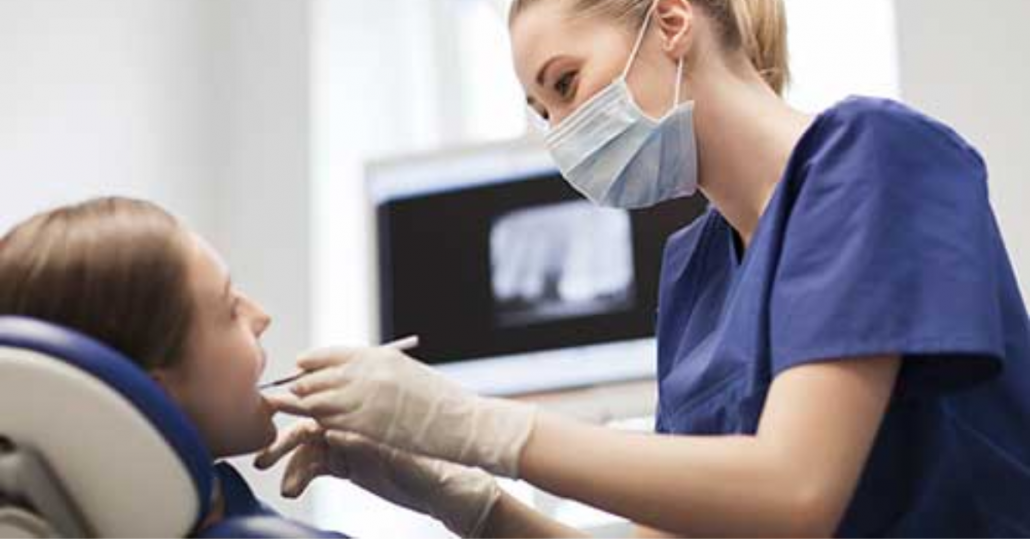Understanding Nighttime Teeth Grinding
Waking up with a sore jaw, a dull headache, or sensitive teeth can be frustrating and confusing. These symptoms might be signs that you’re grinding your teeth at night, a condition known as bruxism. Though it often goes unnoticed, nighttime teeth grinding can lead to serious dental and health problems if left untreated. Understanding the causes, consequences, and solutions of nighttime teeth grinding can help you protect your teeth and improve your overall well-being.
What Is Bruxism?
Bruxism is the involuntary grinding, clenching, or gnashing of teeth, usually during sleep. While occasional grinding might not cause significant harm, chronic bruxism can lead to a range of dental and health issues. It’s estimated that up to 10% of adults and 15% of children experience bruxism, making it a relatively common condition.
Causes of Nighttime Teeth Grinding
The exact cause of bruxism is not fully understood, but several factors are believed to contribute to the condition:
- Stress and Anxiety: Emotional stress is one of the most common triggers for bruxism. People who are under significant stress or dealing with anxiety are more likely to grind their teeth at night as their body subconsciously responds to tension.
- Sleep Disorders: Conditions like sleep apnea, characterized by interrupted breathing during sleep, are often linked to bruxism. Poor sleep quality and disrupted sleep patterns can increase the likelihood of teeth grinding.
- Dental Issues: Misaligned teeth, an abnormal bite, or missing teeth can contribute to bruxism. When the teeth don’t fit together properly, it can lead to grinding as the jaw seeks a more comfortable position.
- Lifestyle Factors: Certain lifestyle habits can exacerbate bruxism. These include excessive consumption of caffeine or alcohol, smoking, and the use of recreational drugs. Stimulants can increase muscle activity during sleep, leading to teeth grinding.
- Genetics: There may be a genetic component to bruxism, as it often runs in families. If a close relative experiences bruxism, you may be at a higher risk of developing the condition.
Consequences of Untreated Bruxism
Ignoring bruxism can lead to a range of dental and health problems, some of which can be quite severe:
- Tooth Damage: Chronic grinding can wear down the enamel, the protective outer layer of your teeth. This can lead to tooth sensitivity, chipped or cracked teeth, and even tooth loss in extreme cases.
- Jaw Pain and TMJ Disorders: Bruxism can strain the muscles and joints in the jaw, leading to pain and discomfort. Over time, this can develop into temporomandibular joint (TMJ) disorders, which cause chronic jaw pain, headaches, and difficulty chewing.
- Headaches: Frequent grinding can cause tension headaches or migraines, especially upon waking. The strain on the jaw muscles can radiate to the temples, contributing to persistent headaches.
- Sleep Disruption: Bruxism can disrupt your sleep and the sleep of those around you. The grinding noise can be loud enough to disturb your partner, and the discomfort it causes can prevent you from getting restful sleep.
- Gum Recession: The pressure from grinding can cause the gums to recede, exposing the roots of the teeth and increasing the risk of gum disease.
How to Address Nighttime Teeth Grinding
If you suspect that you grind your teeth at night, there are several steps you can take to address the issue:
- Consult a Dentist: The first step in addressing bruxism is to consult with a dentist. They can examine your teeth for signs of grinding, such as wear patterns or damage, and may recommend further evaluation or treatment.
- Use a Night Guard: A custom-fitted night guard, provided by your dentist, is one of the most effective ways to protect your teeth from grinding. This device is worn over the teeth while you sleep, cushioning them and preventing direct contact that leads to wear and tear.
- Manage Stress and Anxiety: Since stress is a major trigger for bruxism, finding ways to manage it can help reduce teeth grinding. Techniques such as meditation, deep breathing exercises, yoga, and regular physical activity can help alleviate stress and promote relaxation.
- Address Sleep Disorders: If your bruxism is linked to a sleep disorder like sleep apnea, treating the underlying condition is crucial. A sleep study may be recommended to diagnose sleep apnea, and treatment options like a CPAP machine or oral appliance can improve your sleep quality and reduce grinding.
- Avoid Stimulants: Reducing or eliminating the consumption of caffeine, alcohol, and tobacco, especially in the hours leading up to bedtime, can decrease the likelihood of teeth grinding. Opt for calming, non-caffeinated beverages and establish a relaxing bedtime routine.
- Practice Good Sleep Hygiene: Improving your sleep environment and habits can help reduce bruxism. Stick to a regular sleep schedule, create a comfortable and quiet sleep environment, and avoid screens or stimulating activities before bed.
- Regular Dental Check-Ups: Regular visits to your dentist are essential for monitoring the health of your teeth and jaw. Early detection of bruxism can prevent more severe damage and allow for timely intervention.
Final Thoughts
Nighttime teeth grinding, or bruxism, is a common condition that can have serious consequences if left untreated. Understanding the causes and recognizing the signs early on can help you take proactive steps to protect your teeth and overall health. Whether it’s through stress management, lifestyle changes, or the use of a night guard, addressing bruxism can lead to better sleep, less pain, and a healthier smile. If you’re experiencing symptoms of teeth grinding, don’t hesitate to seek advice from a dental professional—they can guide you on the best course of action to safeguard your oral health.


